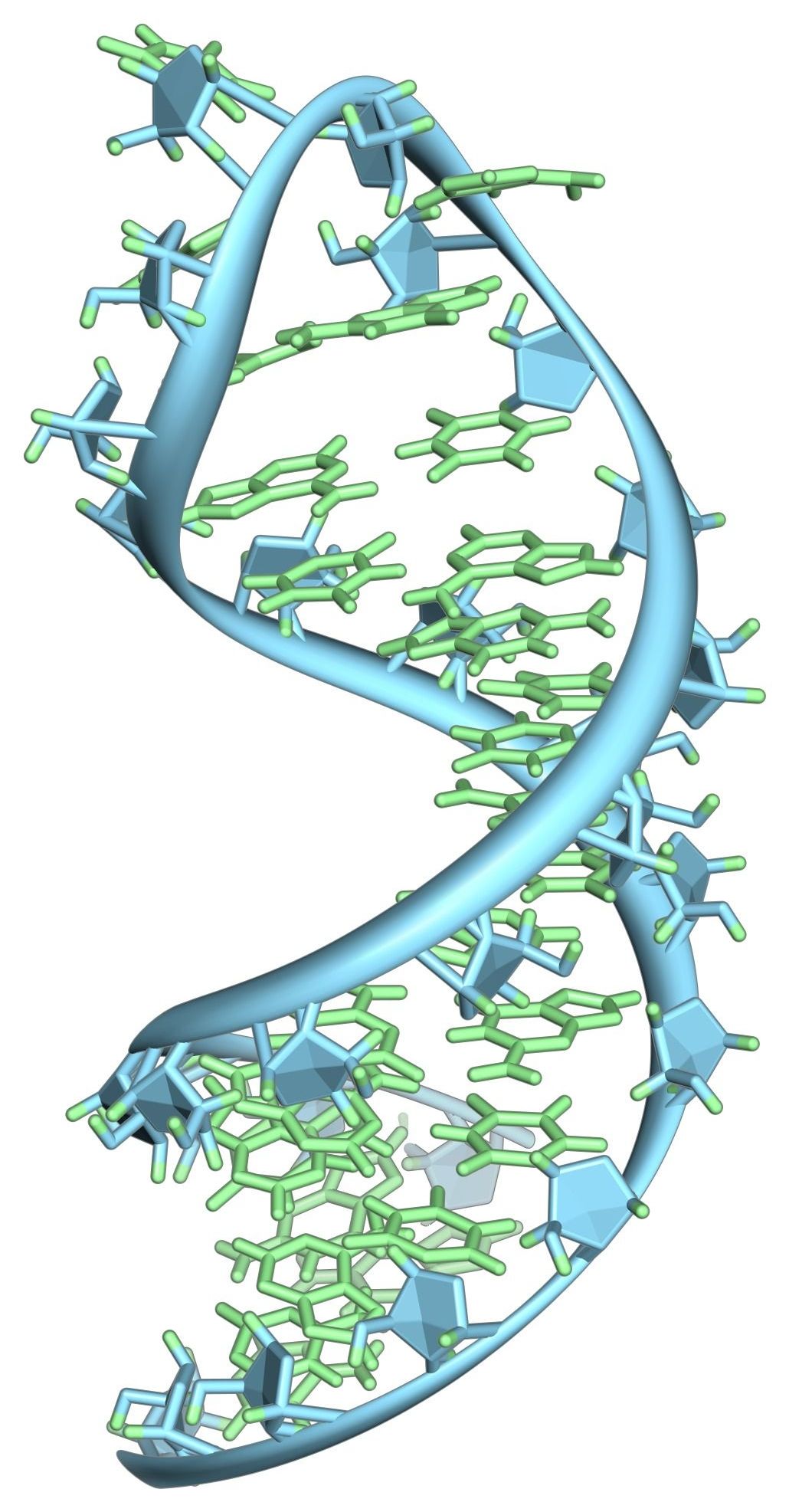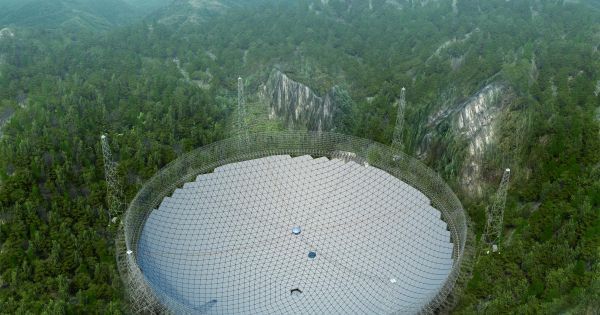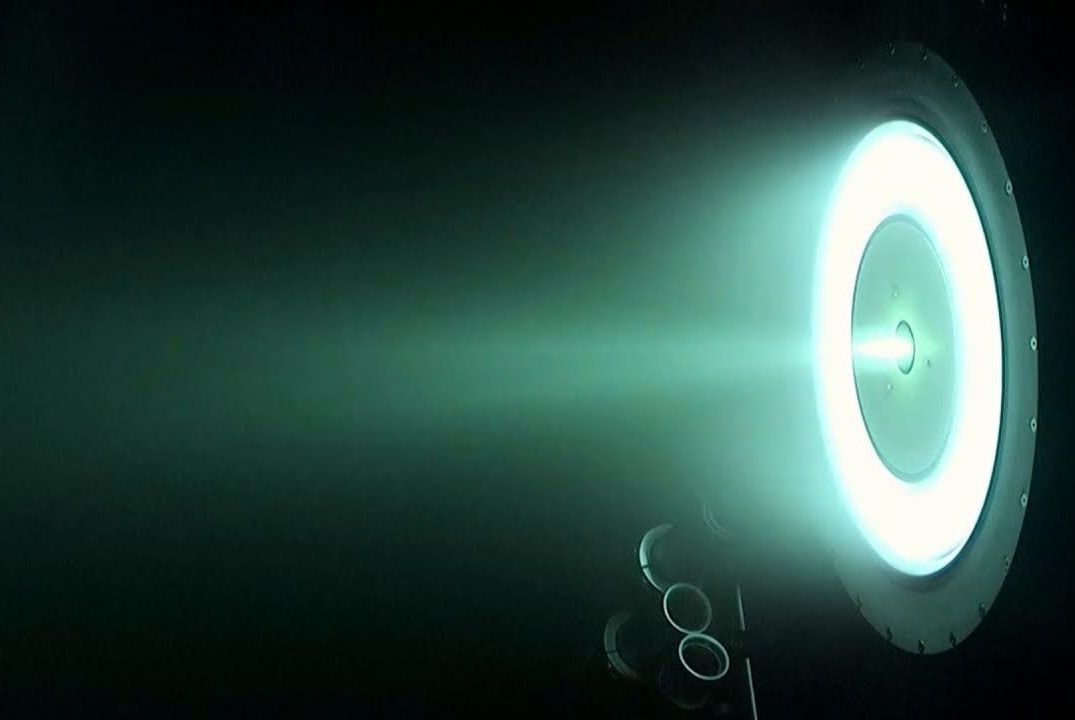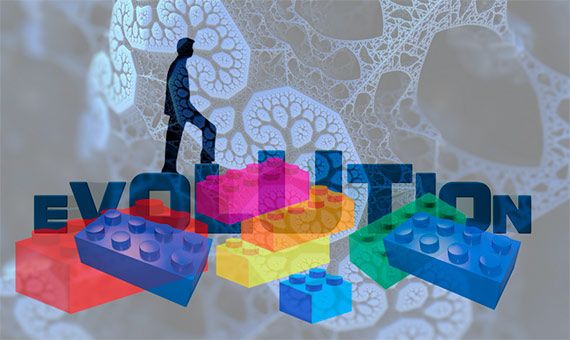That the surge in philanthropy is a natural consequence of the rapid wealth creation was a sentiment echoed by a number of the high-net-worth individuals speaking at the conference, including Ronnie Chan and John Long, founder and CEO of investment company Highridge Partners. China is now home to 609 billionaires, more than the 552 in the US.
Chinese entrepreneurs in China itself, Hong Kong and America are giving back to society in ways unheard of even a few years ago, with Ronnie and Gerald Chan and Li Ka-shing among the big donors.
PUBLISHED : Sunday, 08 October, 2017, 6:45pm.
UPDATED : Sunday, 08 October, 2017, 6:46pm.










